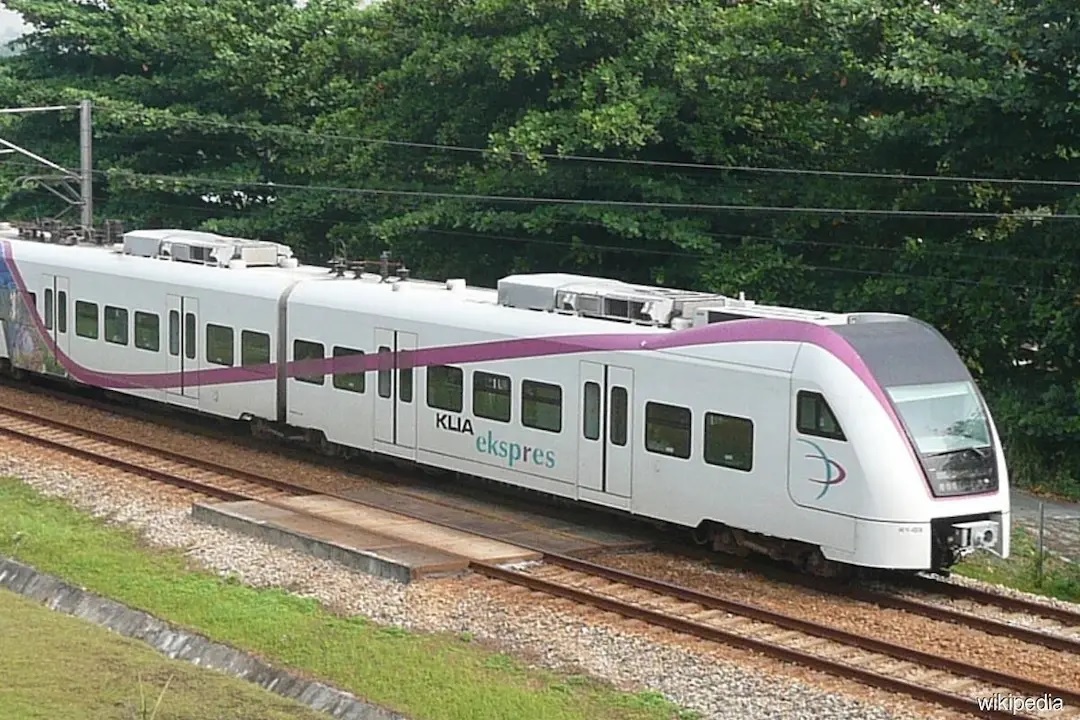Putrajaya, ERL ink supplementary concession agreement with new market-driven fare structure

KUALA LUMPUR (Jan 23): The Malaysian government and Express Rail Link Sdn Bhd (ERL) have entered into a new supplementary concession agreement that enables the KLIA Ekspres operator to implement a “market-driven” fare structure.
Under the new agreement, the government will stop paying ERL fees or charges from the collection of passenger service charges (PSCs) starting from 2029, said ERL in a statement on Tuesday.
Currently, on top of fare charges, ERL also gets a cut from the PSC from outbound international (RM5) and domestic passengers (RM1).
PSCs collected from passengers at Kuala Lumpur International Airport (KLIA) Terminal 1 and Terminal 2 are shared between Malaysia Airports Holdings Bhd and the government. ERL gets a share of the portion that the government receives.
The implementation of the market-driven fare structure will provide an opportunity for ERL to innovate the structure, while enabling it to provide efficient services according to market demand.
Transport Minister Anthony Loke Siew Fook said the supplementary concession agreement is seen as a win-win situation between ERL and users, where the best service can be provided by ERL without burdening the operation in terms of costs.
“The government remains committed to improving alternative services to KLIA that will create healthy competition in terms of competitive fare options,” he said on Tuesday.
Loke hopes the supplementary concession agreement will pave ways for ERL to be self-sustained.
The loss-making rail service incurred a net loss of RM156.34 million for the financial year ended June 30, 2022 (FY2022), narrowing from RM209.95 million in FY2021, according to a filing with the Companies Commission of Malaysia.
Revenue more than doubled to RM43.35 million in FY2022, from RM18.17 million in FY2021.
Since beginning operations in 2002, ERL’s fares were kept at RM35 for many years, before being increased to RM55 a trip in late 2015.
Based on ERL’s original fare schedule, fares for the express service should have been increased to RM41 in 2004, RM56 in 2009 and RM74 in 2014. By 2024, the fare for a single trip would be a hefty RM126.
In terms of the number of passengers, Loke said KLIA Transit and KLIA Ekspres carried a total of 8.9 million passengers before Covid-19 in 2019.
“In 2023, the number of passengers was 6.58 million, which was 74% of the 2019 passenger figure. There is still a lot of room for passenger growth. With the completion of the signing of the second concession agreement between ERL and the Malaysian government, I would like to challenge the operators to redouble their efforts to attract more users, and promote rail services in a more powerful and effective way,” the minister said.
“With the post-Covid recovery of the tourism sector, ERL should aim for a high number of passengers this year, if possible, with at least an additional one million passengers compared to 2019. By 2026, Malaysia will celebrate the Visit Malaysia Year on a grand scale. The country will receive a large number of tourists. The tourism sector will grow rapidly,” Loke added.
ERL is 45%-owned by YTL Corp Bhd, followed by Lembaga Tabung Haji’s 36% stake, SIPP Rail Sdn Bhd’s 10% shareholding, and the remaining 9% interest owned by Trisilco Equity Sdn Bhd.
Looking to buy a home? Sign up for EdgeProp START and get exclusive rewards and vouchers for ANY home purchase in Malaysia (primary or subsale)!
Source: EdgeProp.my















POST YOUR COMMENTS